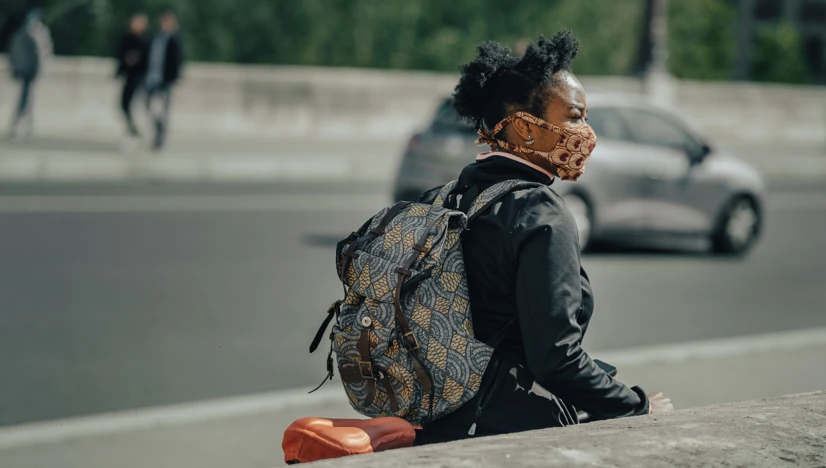✕
Lessons from Africa’s past to cope with COVID-19
Omar Ghannam, Kareem Megahed, Tetteh Hormeku-Ajei
Post-Colonialisms Today: postcolonialisms.regionsrefocus.org, 2020
Post-Colonialisms Today: postcolonialisms.regionsrefocus.org, 2020
Level: beginner
In this roundtable conversation, Post-Colonialisms Today members, Omar Ghannam, Kareem Megahed and Tetteh Hormeku-Ajei, look to policies from early post-independence Africa to tackle issues exacerbated by the COVID- 19 pandemic. Looking at examples from Ghana and Egypt, the authors suggest that self-sufficiency, a main tenet of early post-independence projects, would allow governments to reimagine current day approaches to the pandemic, including as it relates to healthcare privatization, domestic capacity in the production of medicine, and disinvestment from social infrastructure.
Comment from our editors:
This article is part of the series "Reclaiming Africa’s Early Post-Independence History" at Africa is a Country.
We use cookies on our website. Click on Accept to help us to make Exploring Economics constantly better!

